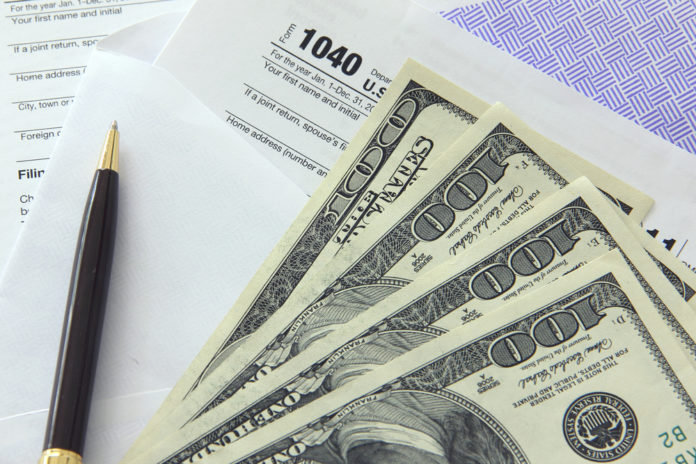A new study suggests that legalizing marijuana on a federal level could generate $132 billion and create over one million jobs by 2025.
Attorney General Jeff Sessions move to rescind the Cole Memo does not seem based on science. Now it appears the idealogical Sessions is not basing his decision on economics either.
New Frontier Data, an analytics firm focused on the marijuana industry, has released new study findings on the economic impact marijuana could have if it were legalized on a federal level. The firm found that federal legalization would result in $132 billion in new tax revenue and create over one million new jobs by 2025.
“When there are budget deficits and the like, everybody wants to know where is there an additional revenue stream, and one of the most logical places is to go after cannabis and cannabis taxes,” said Beau Whitney, a senior economist at New Frontier Data according to The Chicago Tribune.
The analysis considered a scenario where marijuana markets were legal and operational in all 50 states. The numbers utilized the previous corporate tax rate of 35 as opposed to the new tax rate of 21 percent included in the tax reform bill signed into law by President Trump last month.
“If cannabis businesses were legalized tomorrow and taxed as normal businesses with a standard 35 percent tax rate, cannabis businesses would infuse the U.S. economy with an additional $12.6 billion this year,” said Giadha Aguirre De Carcer, the CEO of New Frontier.
The study also found that 782,000 jobs could be created if marijuana was federally legal today. That number would rise to 1.1 million by 2025. These job numbers include all aspects of the seed to sale process and would increase the number of jobs for farmers, transporters, and retailers. However, professional services, construction companies, and security firms to serve the industry would also likely see an increase in employment numbers and revenue.
The study estimates that approximately 25 percent of sales would remain on the black market, but those numbers would eventually drop even further if the tax rates on sales are not excessive.
“Consumers want to do things legally in general, but they don’t want to do it at too much of a price,” Whitney said. “If they go to 7-11 to pick up cannabis, they’re willing to pay 10 to 15 percent on top of what they get on the street. Once they get above that, it slows the transition and makes the consumer think twice about making that legal purchase.”
Currently, 8 states have approved recreational marijuana use and 29 states permit medicinal use. These numbers are expected to rise in 2018 as several states are considering legalization.











